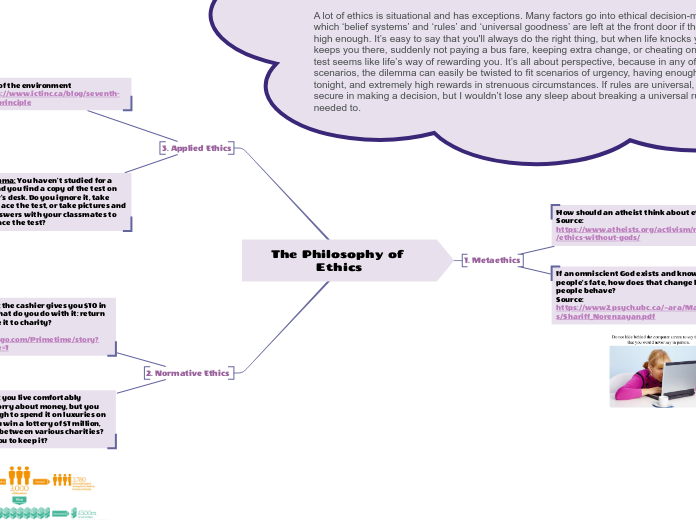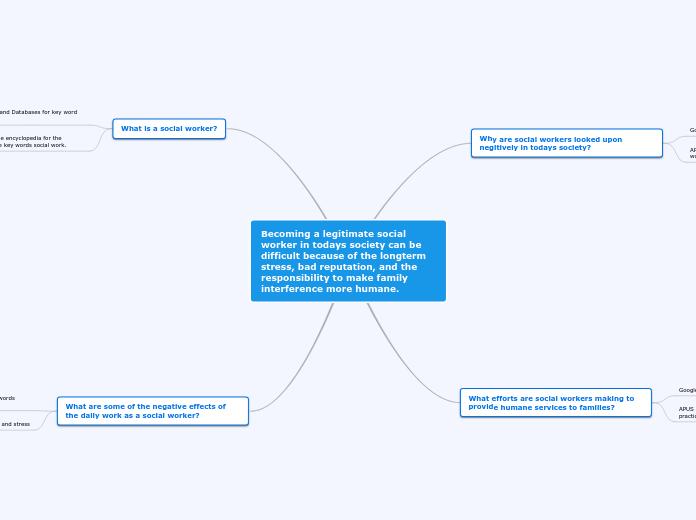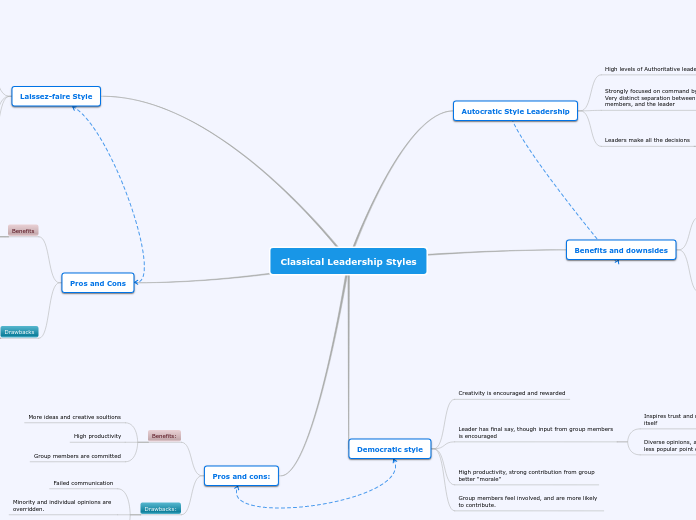jonka FK - 10LA 679761 Lincoln Alexander SS 1 vuosi sitten
142
The Philosophy of Ethics
Ethics often vary depending on the situation and can have numerous exceptions. When making ethical decisions, factors such as belief systems, societal rules, and perceived universal goodness might be disregarded if the potential rewards are significant.









